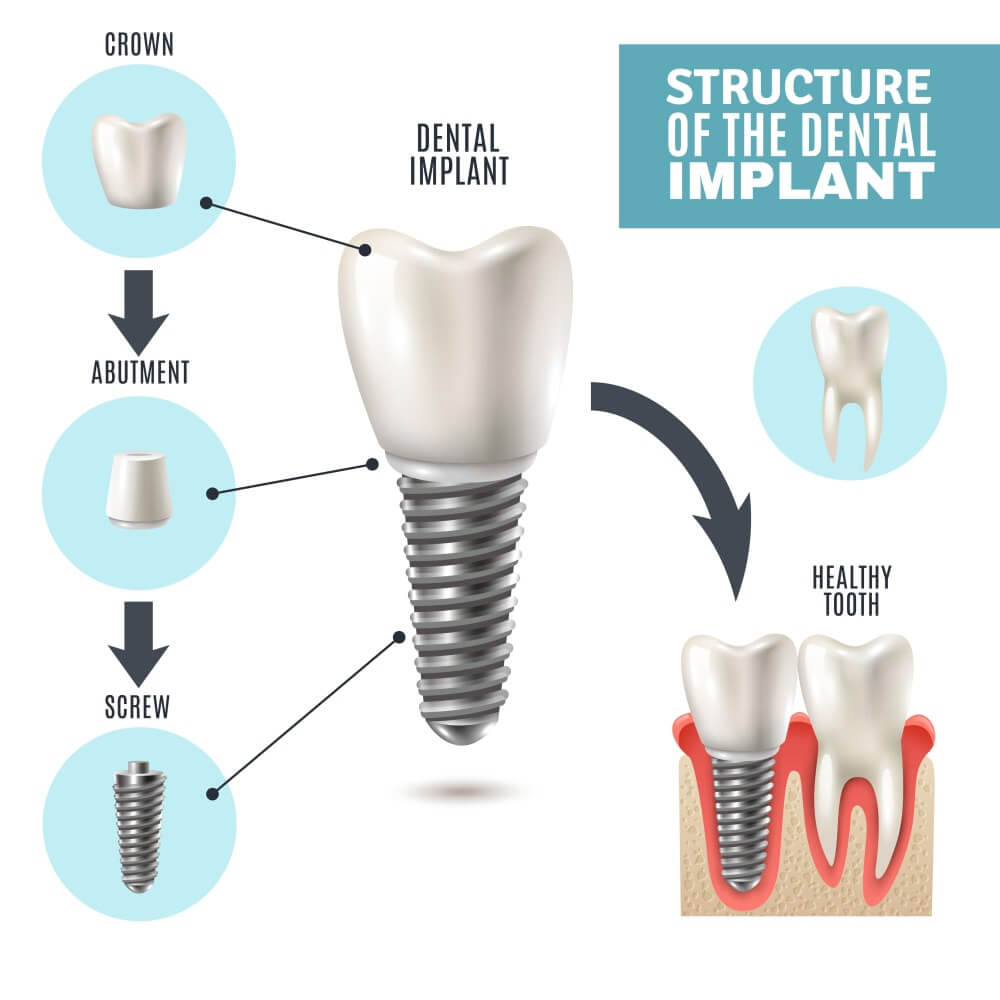Contents
Key Takeaways:
- The pain level of dental implant surgery can vary depending on factors such as the individual’s pain tolerance, the type of anaesthesia used, the experience and skill of the dental surgeon, and the overall health of the patient.
- There are ways to minimise pain during and after dental implant surgery, such as the use of pain medication, sedation dentistry, local anaesthesia, and careful aftercare.
- There are alternatives to dental implants for missing teeth, such as dentures, bridges, and partial dentures, each with its own pros and cons in terms of cost, durability, comfort, and natural look and feel.
- It is important to have open communication with your dentist about pain management during the dental implant procedure, including discussing any concerns or previous negative experiences with dental procedures, exploring options for pain management, and following up with care after the procedure.
How Painful are All-on-4 Dental Implants?
The All-on-4 dental implants procedure is typically performed under local anaesthesia, making the process itself pain-free. Post-surgery, patients may experience mild to moderate discomfort, which is a normal part of the healing process. This pain usually peaks within the first 24 to 48 hours and gradually subsides over the following days. Pain levels vary among individuals and can be effectively managed with prescribed medication and proper post-operative care.
Pain After All-on-4 Dental Implant Surgery
You may feel a little woozy for the first hour or so after surgery due to the anaesthesia. Your dentist will give you gauze to put in your mouth and bite down on softly to stop the bleeding. It might be possible to cut the gauze within the first hour or so.
It is normal to feel some pain for 2 to 3 days after the implant surgery. The pain should gradually decrease each day after that.
However, if the pain increases after day 4, there might be an infection in your mouth that your dentist needs to see. Please contact your dental office in this case.
How Long Do You Feel Pain After All-on-4 Implants?
The duration of pain after an All-on-4 dental implant procedure varies, but generally, discomfort and swelling start to decrease after 3 to 4 days. By the end of the first week, most patients report a significant reduction in pain. However, if pain persists or intensifies after the first week, it’s important to consult your dentist as it could indicate complications.
Dental Implant Care 24h After Surgery
It is important to be careful with your mouth immediately after surgery. When you get home, avoid touching the spot, brushing it with a toothbrush, or rinsing your mouth.
When you do eat, begin with liquid foods such as smoothies or puréed soups. Using the medicated rinse that your dentist gave you to minimise bacteria build-up.
You should gently and carefully rinse your mouth with a solution of one tablespoon of salt in eight ounces of water about 24 hours after surgery. This can be done 2 to 3 times a day to help avoid infection.
It’s important to take it easy when you’re healing. Stop strenuous exercise, bending over, or lifting anything heavy. Instead of lying flat on your back, try to keep your head propped up at first. Stop smoking for a few days if you normally do so because it can slow down healing. Check out dental implants after extraction to learn more.
Pain
Any surgery comes with the unfortunate truth of some pain. Your dentist, on the other hand, should be able to help you with this problem. The dentist will usually write you a prescription for pain relief. To assist with bleeding, those who do not want to take prescription painkillers can use over-the-counter pain relievers. If needed, a cold ice pack may be applied to the sore area to help numb it. Don’t engage in any strenuous exercise and avoid firm or crunchy foods to prevent your pain from worsening.
Bruising and Swelling
This is to be expected following every major surgery. It normally peaks 2 to 3 days after surgery and then progressively improves. Swelling and bleeding may be minimised by applying an ice pack to the affected area to reduce inflammation.
Bleeding
Within a few hours of surgery, all serious bleeding should end. Bite down gently on the gauze pack put over the surgical site to control bleeding. Replace the gauze pack with a moist black tea bag for half an hour if bleeding continues. It’s also a good idea to keep your back straight and avoid any jumping or sharp, sudden movements.
Nausea
Many patients experience nausea as a result of anaesthesia, painkillers, or blood swallowed. Small sips of a carbonated beverage can benefit a patient if they’re feeling nauseous. Ginger ale is particularly helpful because ginger soothes the stomach.
My Implant Dentist is committed to providing exceptional All-on-4 dental care in Brisbane and Perth, ensuring every patient receives personalised treatment and attention.
Related Articles






















